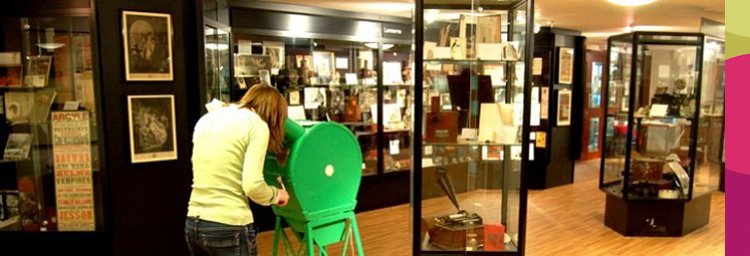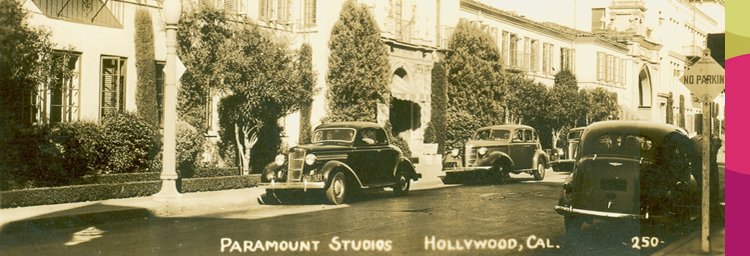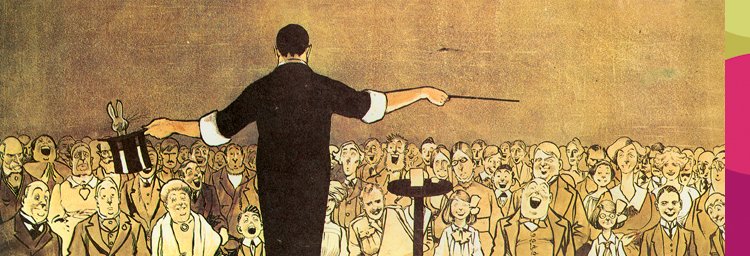Jamie: “I want to be an artist”
Father’s Wife: “An artist? Don’t come here with your highfalutin ideas...If you were meant to be different you’d have been born different. This is your place in life”
(My Way Home)
 Made up of three short black and white films, The Bill Douglas Trilogy follows the experiences of a young boy named Jamie growing up during and after the Second World War in an impoverished Scottish mining town and his eventual departure to start a new life. It is essentially a re-imagining of Bill’s own childhood experiences but, as Peter Jewell notes, it is “far from straightforward autobiography, and his films are not as much ‘social realism’ as ‘poetic realism’” (1).
Made up of three short black and white films, The Bill Douglas Trilogy follows the experiences of a young boy named Jamie growing up during and after the Second World War in an impoverished Scottish mining town and his eventual departure to start a new life. It is essentially a re-imagining of Bill’s own childhood experiences but, as Peter Jewell notes, it is “far from straightforward autobiography, and his films are not as much ‘social realism’ as ‘poetic realism’” (1).
My Childhood (1972) presents Jamie’s destitute and lonely home life where he lives with his ageing grandmother and his cousin Tommy and must fend for himself. He finds a father figure in a German POW who soon disappears when the war ends. When Jamie’s grandmother passes away, he runs to the railway in desperation and, in the final scene, disappears into the distance atop a train loaded with coal. (Click here to see a scene from My Childhood.)
In My Ain Folk (1973), Tommy is taken to a home whilst Jamie goes to live with his paternal grandmother whose cold contempt and mistreatment are only alleviated by her drinking habits. Jamie finds comfort in his relationship with his grandfather but when his grandfather commits suicide, there’s little left but the escapism provided by trips to the cinema to save him from despair.
My Way Home (1978) finds Jamie now living in a home but when his father decides to look after him he moves in again with his grandmother. Forced initially to work down the mines, Jamie starts working at a department store and moves into a foster home. He then finds himself homeless and reliant on a Salvation Army Hostel before being called up for  National Service with the RAF. He is stationed in Egypt when he meets Robert and for the first time he finds friendship and kindness. The film concludes with a sense of hope in light of this new, happy relationship.
National Service with the RAF. He is stationed in Egypt when he meets Robert and for the first time he finds friendship and kindness. The film concludes with a sense of hope in light of this new, happy relationship.
Bill had the opportunity to begin making his trilogy when Mamoun Hassan, the head of the BFI Production Board at the time, read an early script for My Childhood and was astonished at what he found. Director and critic Lindsay Anderson was also highly impressed and encouraged Bill to pursue his venture. Having gained the backing and funding of the BFI, Bill’s directorial project began.
The films were made on an extremely small budget and with a cast made up largely of non-actors. Bill found Stephen Archibald (Jamie) and Hughie Restorick (Tommy) on a chance meeting at a bus stop when the two boys were busy playing truant from school. Stephen Archibald would play Jamie in all three films and he and Bill remained very close. Stephen sadly passed away in 1998. Read more about Stephen in Melanie McFadyean’s article for The Guardian here.
(Poster designed by the Quay brothers)
Often, The Trilogy’s most poignant moments are when the harshness of reality gives way to rare instances of joy and kindness. In My Childhood, Jamie pours boiling water into a mug before tipping it away again and placing the mug in his grandmother’s hands to warm them. In My Ain Folk, jam jars become the most valuable of treasures as they can be exchanged for entrance to the cinema and the gift of apples become symbolic of fleeting expressions of affection. In My Way Home, Robert’s imploring of Jamie to “enthuse” and to “be alive” provides the first glimmer of hope for Jamie’s future.
 With little dialogue and little camera movement, the films have been compared to those of the silent era and Bill himself was the first to explain that his films did not have a “conventional” narrative but an “emotional narrative”. On the subject of My Ain Folk he explains “this film is not in the first place a question of understanding but of feeling…For the film to succeed, the emotional narrative must come first” (2).
With little dialogue and little camera movement, the films have been compared to those of the silent era and Bill himself was the first to explain that his films did not have a “conventional” narrative but an “emotional narrative”. On the subject of My Ain Folk he explains “this film is not in the first place a question of understanding but of feeling…For the film to succeed, the emotional narrative must come first” (2).
It is no surprise that, other than ‘director’, the words most associated with Bill are that of ‘poet’ and ‘artist’.
On its release, the trilogy received much critical acclaim and won a host of awards at international film festivals, including the Silver Lion at the 1972 Venice Film Festival for My Childhood. In 1979 Philip French predicted that The Bill Douglas Trilogy would “come to be regarded not just as a milestone, but as one of the heroic achievements of the British cinema” (3) and he has undoubtedly been proven correct.
Click here to see Mamoun Hassan discuss his thoughts on the trilogy in a short interview created and filmed by Andy Kimpton-Nye for the website 400blows.
(1) Jewell, Peter. “A Can of Words: An Introduction”. The BFI’s accompanying booklet to The Bill Douglas Trilogy DVD. BFI: 2012. p2.
(2) Douglas, Bill quoted in The Bill Douglas Trilogy: A Study Guide by Eddie Dick, Dan MacRae, Andrew Noble, Paula Visocchi. p3.
(3) French, Philip. The Observer. 4th November 1979.






